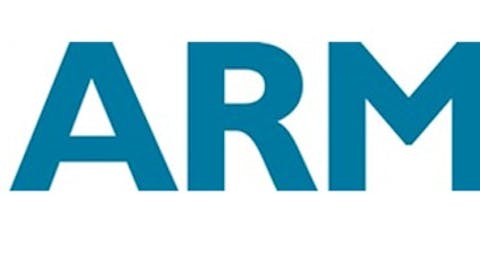The first more traditional approach has been to create commodity type mobile SOCs that offer almost every conceivable interface and processing option that can be squeezed onto the chip in order to appeal to as large a customer base as possible. Companies such as Freescale and Texas Instruments Incorporated (NASDAQ:TXN) took this approach.
However, many device makers such as Apple and Samsung took the opportunity to design their own custom SOCs with just the functionality and interfaces they wanted for their devices.
This design process amounted to shifting the systems integration role of the device makers onto the silicon itself. Apple embraced this paradigm with its custom A4 SOC in the first iPad, which was dismissed at the time by tech pundits such as Jon Stokes as merely catering to the penchant for “boutique processors” of Steve Jobs. However, the paradigm has worked rather well for Apple and other device makers such as Samsung, which not only designs its own SOCs but manufactures them as well.
When Texas Instruments withdrew from the commodity ARM processor market, citing lack of demand partly due to the customization trend, I observed in a blog post that the commodity processor manufacturer may be an anachronism, at least where mobile devices are concerned. In the ARM world, it is ARM Holdings plc (ADR) (NASDAQ:ARMH)’s IP that has become the commodity.
The enemy of my enemy…
Which paradigm will win in the end? In the end, I believe Intel Corporation (NASDAQ:INTC) will be forced to embrace the custom SOC paradigm, collaborating with Microsoft in customized Windows 8 mobile devices. Intel and Microsoft will realign with one another, once Microsoft gives up on its Windows on ARM initiatives, as I’ve long advocated and predicted.
With Windows 8/Intel Corporation (NASDAQ:INTC) devices, Wintel can grow a viable mobile ecosystem to rival iOS and Android. Will it overwhelm its ARM Holdings plc (ADR) (NASDAQ:ARMH)-based rivals? That remains to be seen, but I doubt it. I expect the ARM-based ecosystems of iOS and Android to be able to hold their own as they become unlikely allies in the battle with Wintel. I expect Android’s growth to be somewhat curtailed however, as many prospective and current Android users, who are also Windows users, are enticed to mobile Wintel devices.
I expect the main near-term impact to be to scare ARM investors and force a correction in ARM Holdings plc (ADR) (NASDAQ:ARMH)’s sky high valuation, currently at a P/E ratio of 283.5 (courtesy Motley Fool). This valuation was predicated on an expansion of the ARM franchise due to the success of Windows/ARM devices, as I pointed out in “Does ARM Still have Momentum?” As competitive Wintel mobile devices make inroads and Microsoft retreats from ARM, ARM investors will be forced to realize that ARM’s future growth will come mainly from the existing ARM ecosystems, in line with ARM Holdings plc (ADR) (NASDAQ:ARMH)’s historical growth rate of roughly 30% per year in ARM device shipments and revenue through Q4 2012. This would put ARM’s stock price at about $25/share.
The article Can Intel Do to ARM What it Did to PowerPC? originally appeared on Fool.com and is written by Mark Hibben.
Copyright © 1995 – 2013 The Motley Fool, LLC. All rights reserved. The Motley Fool has a disclosure policy.





